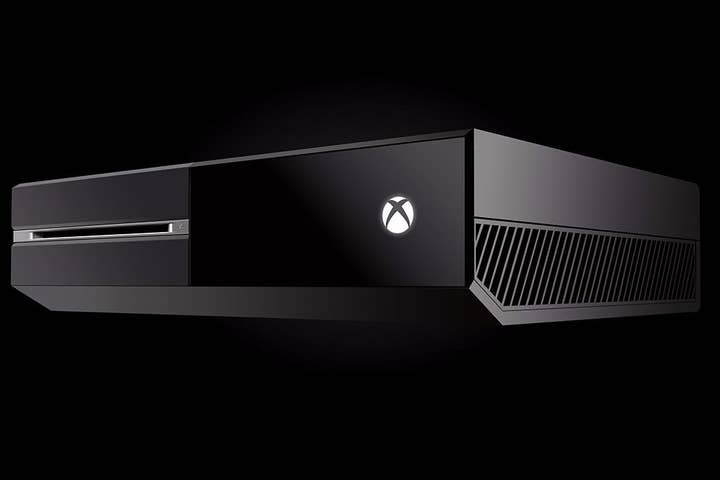Xbox only hurting itself by refusing to share sales numbers
Fear of comparisons to PS4 is taking focus away from Xbox One's considerable successes
When Don Mattrick left Microsoft after the Xbox One's disastrously mishandled E3 reveal, the tone of the company's messaging changed. Policies for the new console seen as anti-consumer were changed, one after another. Incoming head of Xbox Phil Spencer said all the right things, from telling upset fans that the company heard them loud and clear to dropping the corporate talking points long enough to not just acknowledge the achievements of Nintendo and Sony, but welcome them as signs of a healthy industry.
"Xbox One has recovered nicely from a potentially catastrophic unveiling, but you'd be hard pressed to know that from the way Microsoft has handled its messaging."
It was a refreshing bit of candor and straight talk from the company, an olive branch to customers who might have been turned off by the previous months' PR concoction of aloofness and hubris. That tactic worked, and the Xbox One has recovered nicely from a potentially catastrophic unveiling, but you'd be hard pressed to know that from the way Microsoft has handled its messaging in the years since.
In the months following the Xbox One's November 2013 launch, Sony and Microsoft periodically shared sales figures for PS4 and Xbox One, respectively. However, it soon became clear that Sony had taken a solid lead in the generation's early days, and Microsoft got very quiet about Xbox One sales. The last official word the company gave out was nearly 10 million shipped just before the system's first anniversary. After that, it wrapped 360 sales in with Xbox One sales in its quarterly reports, then abandoned that entirely in favor of Xbox Live engagement figures.
Late last week, reports circulated suggesting that the Xbox One's installed base was about 18 million systems. That stemmed from the latest episode of Windows Weekly (around the 9-minute mark), in which tech journalist Mary Jo Foley discussed Microsoft's recent announcement that Windows 10 had been active on 200 million devices in the last month. In breaking down that number between PCs, tablets, smartphones, and Xbox Ones, Foley said, "I can tell you what one source told me and I can't verify this," before sharing that 18 million of those active devices were supposedly Xbox Ones.
"The Xbox One is tracking on par with, and possibly ahead of, Microsoft's most successful gaming device to date."
In the absence of any official word from Microsoft in over a year, this tidbit was widely reported and essentially treated as accurate and used as a stand-in for the Xbox One's installed base. The actual number may be higher given Xbox One owners who haven't played recently or don't typically have their systems connected online, but let's assume for the moment that we're in the right ballpark.
So in its first 26 months of availability, the Xbox One has apparently sold 18 million systems. If we're comparing it directly to Sony's installed base of nearly 36 million PS4s in the same time frame, that doesn't look too impressive. But if we're comparing it to the Xbox 360, the number looks a lot better. The Xbox 360 took 30 months to reach a worldwide installed base of 19 million. The Xbox One is tracking on par with, and possibly ahead of, Microsoft's most successful gaming device to date.
Clearly, Microsoft has backed away from reporting straight-forward sales figures of Xbox One hardware because it believes they won't look good compared to Sony's PS4. The company's right about that, but this tactic is just baking in the narrative that this generation has been all about Sony eating Microsoft's lunch. By keeping secret numbers it once publicly shared because of the PS4's performance, Microsoft is essentially forcing us to view this generation in terms of Xbox One vs. PS4, with one winner and one loser. One company is shouting its sales figures from the mountaintops with great frequency, while the other is hiding its figures in shame.
But it doesn't have to be that way. In 2013 and 2014, even as the PS4 was off to a historically hot start, the over-arching narrative of the generation was that consoles were back, that reports of their demise had been greatly exaggerated. Honestly, that should still be the case, and if Microsoft embraced a little more of the Phil Spencer-styled straight talk that helped the Xbox One turn around those bad first impressions, we'd have another possible lens through which to view this generation. But as long as Microsoft insists it's in a direct competition with Sony where there can be only one winner, it's going to be right about that.









